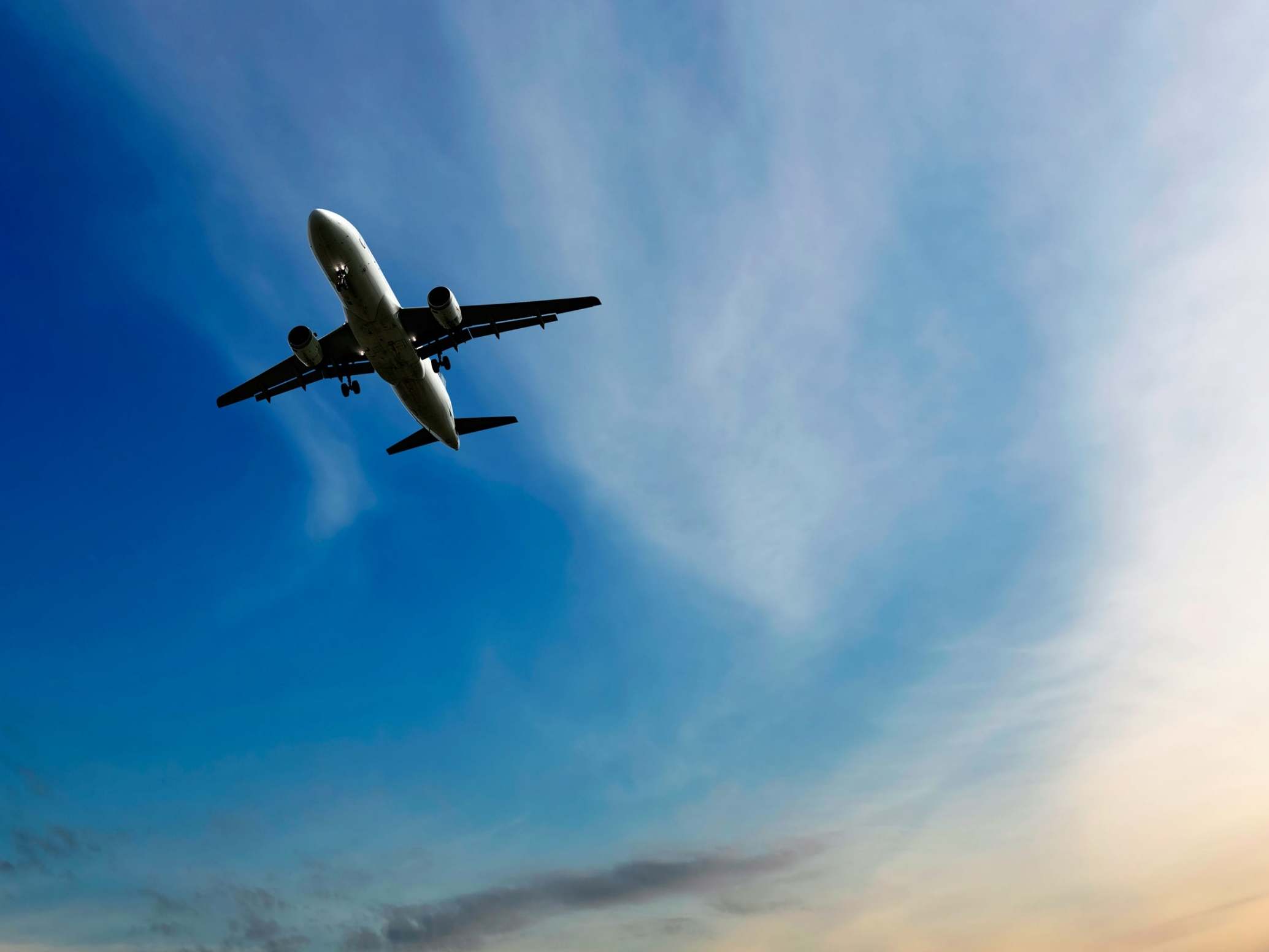Air-rage passengers face crackdown and new punishments
At present most inflight offenders get away with it, according to Iata

Five years after the aviation community worldwide vowed to tackle disruptive passengers, a new policy will finally take effect on New Year’s Day. But the UK has not yet ratified the international agreement.
The International Air Transport Association (Iata) has announced that the Montreal Protocol 2014 (MP14) will take effect on 1 January 2020 – at least in the 25 countries that have ratified it.
Iata says the treaty “enhances the capacity of states to curb the escalation in the severity and frequency of unruly behaviour onboard aircraft”.
It closes a legal gap over the prosecution of disruptive passengers.
At present, jurisdiction over offences committed onboard international flights – such as assault, smoking or ignoring crew instructions – rests with the country where the aircraft is registered.
In cases of serious “air rage,” the unruly passenger is handed over to officials on arrival. But if the plane has landed anywhere other than its home country, in many cases the perpetrator walks free because as the offences are deemed to have taken place in a different state.
Alexandre de Juniac, director general of Iata, said that three out of five cases of serious inflight disruption go unpunished. The offender walks free “because of jurisdictional issues”.
“Everybody onboard is entitled to enjoy a journey free from abusive or other unacceptable behaviour,” he said. “But the deterrent to unruly behaviour is weak.”
The Montreal Protocol enables officials in the arrival country to prosecute the passenger under local laws – and makes it easier for airlines to recover the costs involve a diversion from the passenger.
Iata says that the cost of diverting to offload a disruptive traveller can exceed $200,000 (£155,000).
The new rules were agreed in 2014, but can only take effect when 22 countries have ratified the protocol. After Nigeria announced ratification on 26 November 2019, the rules will come into force on New Year’s Day.
The UK has not yet passed the necessary legislation.
In response to a parliamentary question in 2018, the-then aviation minister, Baroness Sugg, said: “The majority of the provisions within this protocol are already part of UK law, and I am confident we can take necessary action in regard to disruptive passengers.
“Disruptive passengers on any flight that touches down within the UK can be charged and, if necessary, prosecuted.”
Iata says: “In addition to strengthening jurisdiction and enforcement, airlines are working on a range of measures to help prevent incidents and manage them more effectively when they do happen.
“These include enhanced crew training and raising awareness with passengers of the potential consequences of unruly behaviour onboard.”
Subscribe to Independent Premium to bookmark this article
Want to bookmark your favourite articles and stories to read or reference later? Start your Independent Premium subscription today.

Join our commenting forum
Join thought-provoking conversations, follow other Independent readers and see their replies